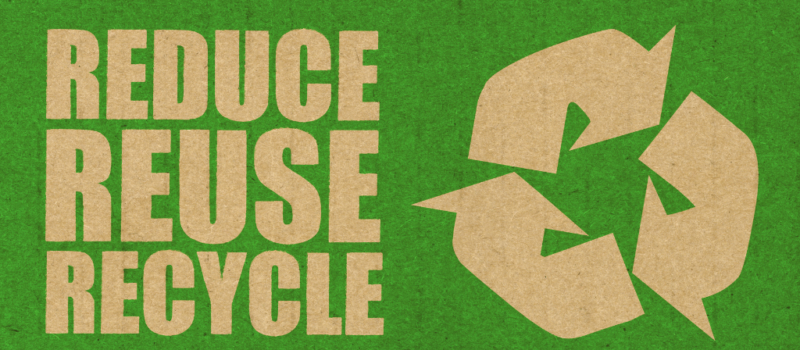Electronic trash, or “e-waste,” is being produced at a rate never seen before due to Dubai’s rapid advances in technology. Operating e-waste has become a leading issue as the UAE’s Vision 2030 places sustainability at its center. Corporations that assist individuals and companies in securely recycling their obsolete electronic gadgets, such as the Recycle Emirates, are at the forefront of tolerable e-waste disposal.
What chances do e-waste management services in Dubai have for managing e-waste? Let’s explore the primary compositions affecting the sector.
Market Expansion for Repaired Equipment
As sustainability gains traction, increasingly technological tools will be repaired rather than discarded. Reselling and restoring outdated electronics is becoming more popular among companies. This reduces the cost of technology in addition to e-waste. Old devices will be embraced by more companies and customers as a practical substitute for new ones as information increases.
More Stringent Government Rules
Dubai is anticipated to enact stricter regulations to control the dumping of e-waste. By making sure people and companies recycle properly, the government hopes to lessen environmental risks. Companies that produce a lot of e-waste could have to follow more stringent rules, and there might be more consequences for unlawful disposal. These rules will promote an organized and accountable method of managing e-waste.
Developments in Recycling Solutions
It is anticipated that recycling plants in Dubai will implement cutting-edge technology to increase productivity. Eco-friendly recycling procedures, mechanical disassembly procedures, and AI-powered sorting systems will enhance the processing of e-waste. These effects will increase recycling efficiency and sustainability by retrieving valuable materials while reducing environmental damage.
Infrastructure Development for the Collection of E-Waste
Dubai is investing in more sophisticated infrastructure to make recycling e-waste more accessible. Smart recycling containers, mobile collecting devices, and designated drop-off locations will make it easier for businesses and people to get rid of their electronic trash. In addition to promoting appropriate e-waste management, the expansion will assist the city in meeting its environmental goals.
EPR (Extended Producer Responsibility) Regulations
In Dubai, the practice of Extended Producer Responsibility, or EPR, is becoming more widespread. Under this program, manufacturers will be in charge of every stage of the product’s lifetime, from disposal to recycling. Effective e-waste management requires businesses to use recyclable materials, have take-back programs, and collaborate with certified recyclers. Businesses will be encouraged to adopt cleaner production and disposal methods as a result of this move.
A Greater Knowledge and Involvement
Companies and consumers are increasingly aware of the necessity of disposing of e-waste. Recycling electronic devices is becoming famous due to e-waste collection campaigns, company sustainability efforts, and promotional campaigns. More businesses and individuals will energetically participate in e-waste recycling programs with increasing awareness.
Concluding Remarks
With stricter laws, corporate social obligations, advanced recycling technology, and more public awareness, Dubai is making significant progress in managing e-waste sustainably. Corporations and individuals have dependable alternatives for disposing of e-waste responsibly due to electronic waste management companies like Recycle Emirates.
Adopting these trends will be crucial for a cleaner and greener future as the city grows.

